Tuesday 12th June, 2018
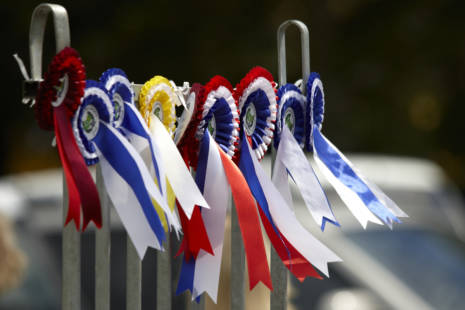
The long summer months mean weekends travelling far and wide for the show season. Whether you are competing at riding club level or affiliated, the competition season is one that every horse owner needs to take seriously. The health and fitness of horse and rider are paramount, so read our five tips for keeping you and horse in the ribbons this season.
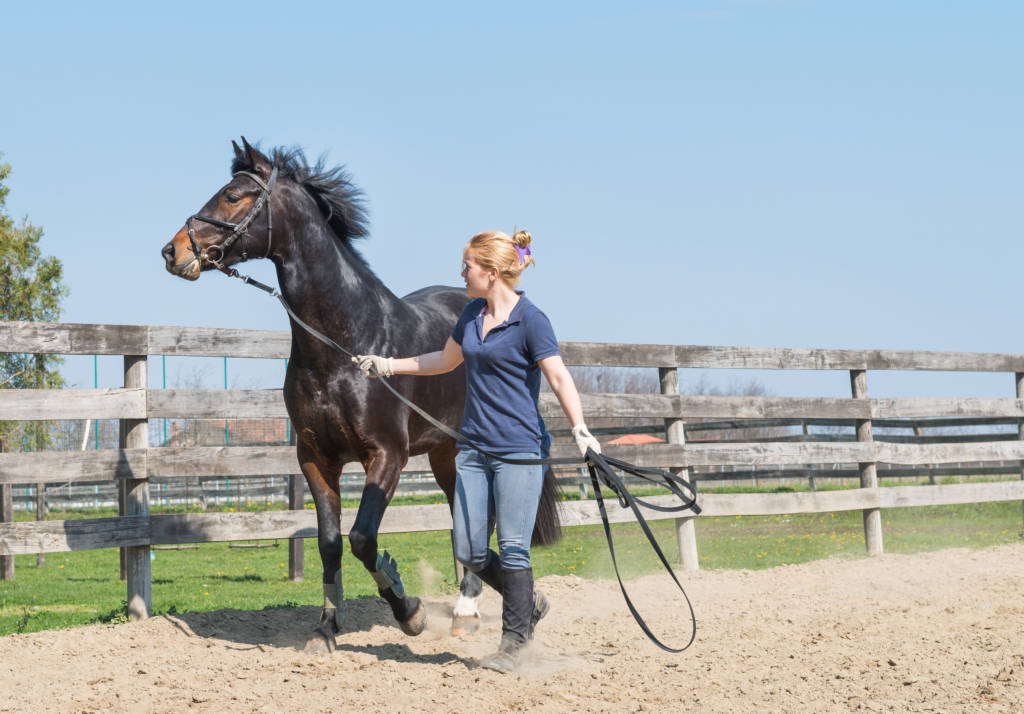
Since the warmer weather arrived most horse owners will have been steadily increasing their exercise and training. However, if you and your horse haven’t kicked up a gear yet don’t worry, there is still time! Check the upcoming area qualifiers for British Riding Clubs and plan your training backwards from that date. Human and equine fitness should be built up slowly over a period of weeks, with lungeing, active hacks and regular schooling sessions. As the weeks go on, the length and intensity of the training should be increased with plenty of rest days in between.
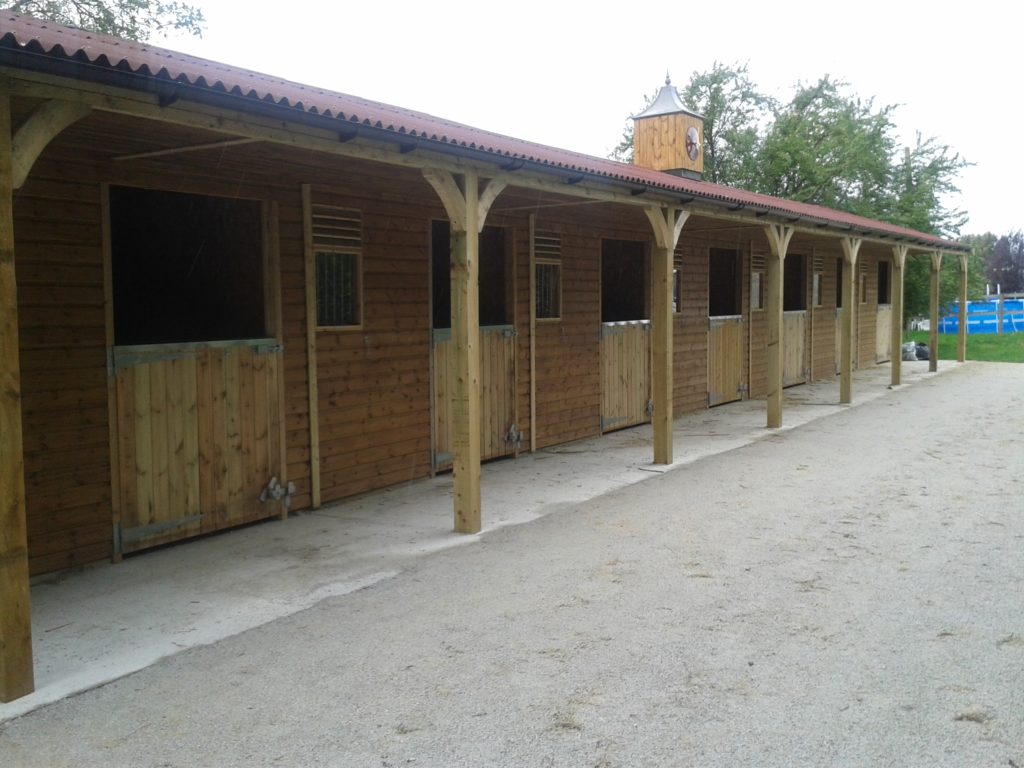
Rest is vital to enable the body to recover from training sessions. Don’t be tempted to do too much too soon or too often, as this can cause long-term damage. The musculoskeletal system needs time to adapt and adjust to the new demands being placed on it. Just like us, a horse’s body carries out necessary maintenance and repairs during extended periods of rest or sleep, so make sure you provide warm, safe internal stables for him to rest in.
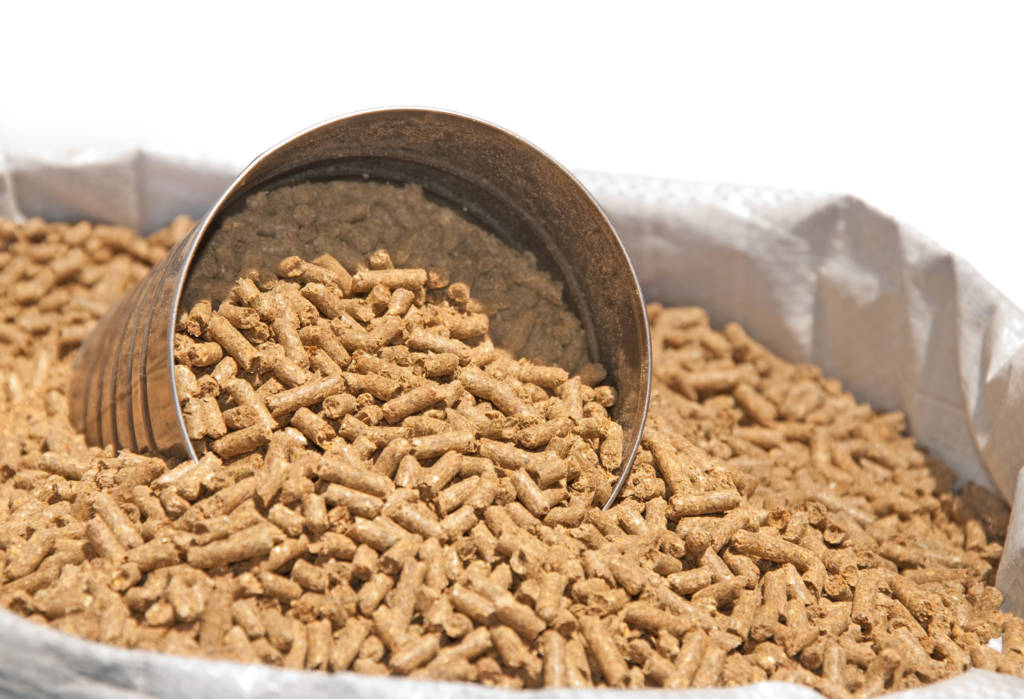
We all know the importance of good nutrition when it comes to improving our fitness, and the same goes for our four-legged friends. Increased workload will require increased carbohydrate intake for energy and protein for muscle repair. Joint supplements may also benefit horses who compete in impact sports such as show jumping and cross country. Make sure that you also consider your horse’s age and provide supplements to maintain condition in older equines.
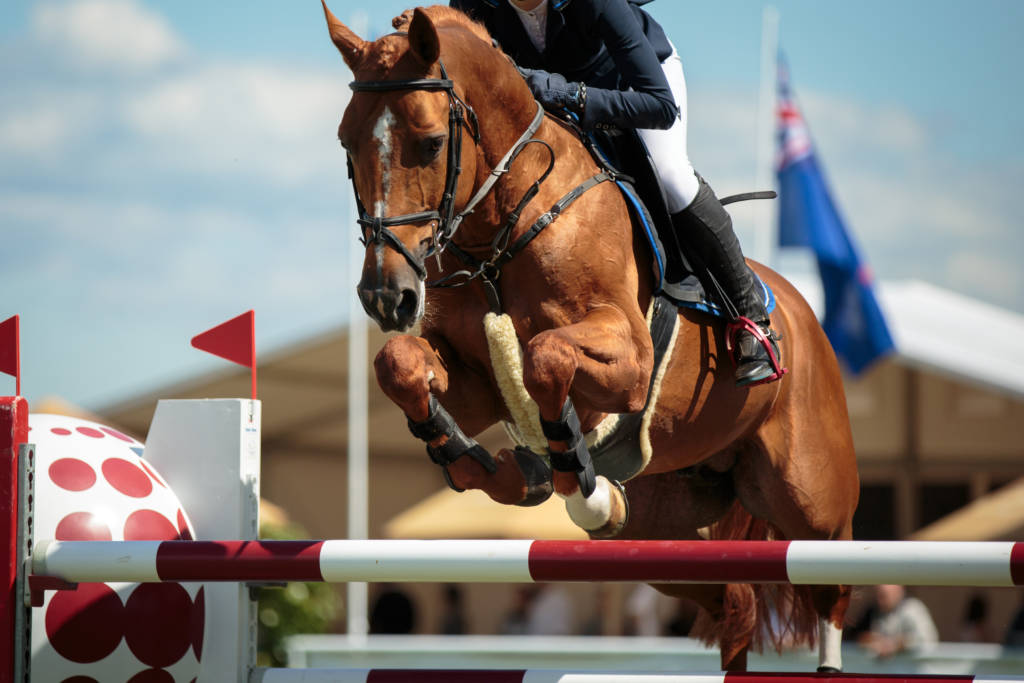
Preparation is key to a smooth class, so organise all your tack, equipment and travel gear the night before. The best advice for beginners is make sure you are genned up on what you need to take in advance, and on the day of the event allow yourself plenty of time to get ready. If showing, make sure that you keep your horse stabled overnight, preferably with a light sheet and stable bandages to protect his freshly washed mane, tail, coat and those all-important legs. Finally, and most importantly, remember to enjoy it!
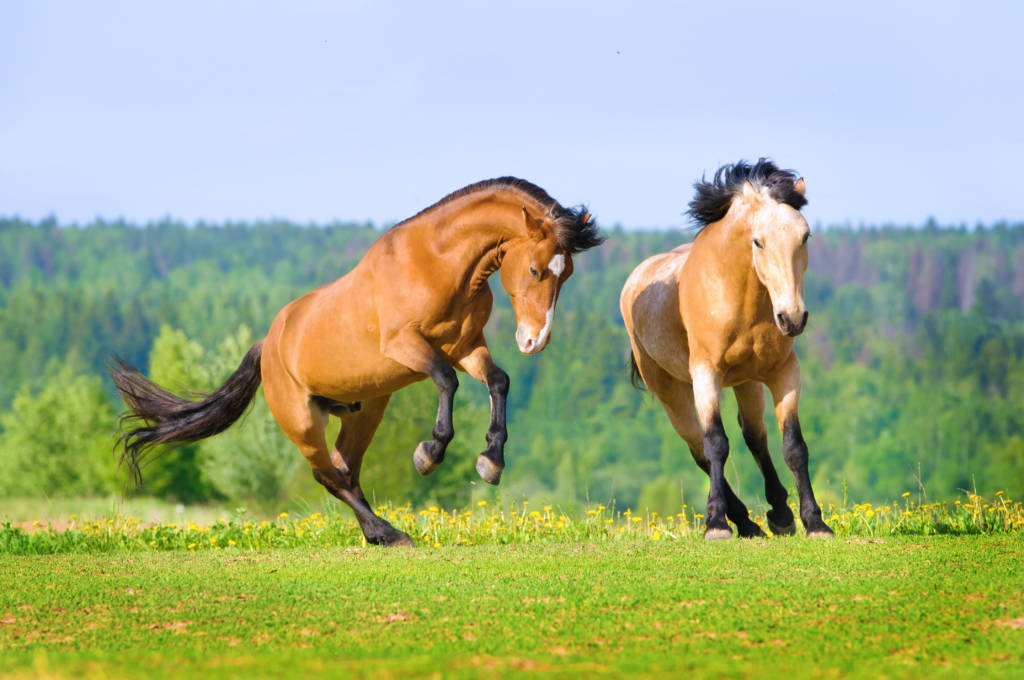
All work and no play does no one any good. If you are competing every single weekend then you need to make sure that your horse has plenty of down time in between. After a competition, you should give your horse at least 24 hours of complete rest. Ideally, he should be turned out so that he can stretch his limbs and allow the muscles and tendons to recover. Ensure that you have adequate shelter, secure fencing and fresh water in your field so that he can stay out as long as possible.